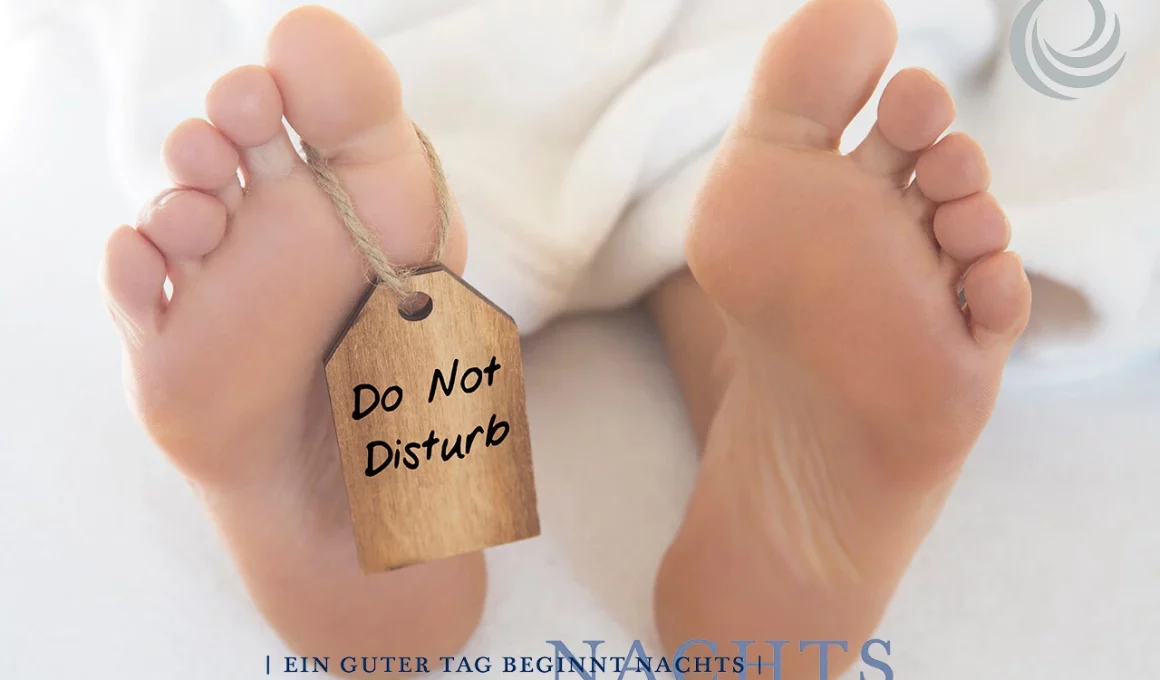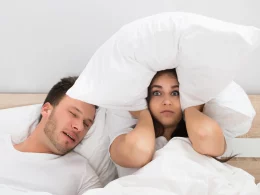Around five to ten per cent of the population suffer from this neurological disorder, women more often than men. Those affected experience a restlessness that is difficult to describe and an extreme urge to move their legs, especially the lower legs and feet. This is why the disease is called restless legs syndrome (RLS). More rarely, the arms and the rest of the body are also affected. The unpleasant tingling or fidgeting occurs almost exclusively when sitting or lying down. The feeling subsides with movement. The symptoms are typically strongest in the evening and at night and subside towards the morning.
What is restless legs?
When it becomes difficult to fall asleep
Restless legs can prevent you from falling asleep or sleeping through the night. One in five people with chronic sleep disorders have restless legs syndrome. One possible consequence of the bad nights is daytime sleepiness. Many sufferers also experience periodic leg movements during sleep.
In severe cases, the symptoms also occur during the day and make it impossible to sit (e.g. at the dining table, on a plane or in the theatre). Restless legs symptoms should not be trivialised: There are people who suffer greatly from not being able to sit still and insomnia – for example, if you only manage to fall asleep at all at six in the morning. Wandering around at night can also lead to tensions with relatives, who are deprived of their sleep as a result.
What are the causes of restless leg syndrome?
The syndrome is significantly co-caused and occurs more frequently in individual families. Older people suffer significantly more frequently, but schoolchildren can also suffer from restless legs: around a fifth of those affected have already fallen ill before their 20th birthday. The cause of the disease may lie in a deficiency of the neurotransmitter dopamine in the brain or spinal cord. Other illnesses can also play a role, such as an iron deficiency, neuritis, kidney disease or diabetes.
Important to know: Many medications can exacerbate or even trigger the symptoms. These include neuroleptics, such as those prescribed for psychoses and, rarely, for sleep disorders, as well as certain antidepressants, medication for travel sickness and heart and blood pressure medication. The symptoms can also become more noticeable during pregnancy, after blood donations or operations. Those affected should seek advice before an operation or pregnancy, but also before entering a retirement or nursing home.
Doctors diagnose restless legs syndrome based on the description of the symptoms. An overnight stay in a sleep laboratory is rarely necessary. If the symptoms are severe, they can be treated with medication. These must be prescribed by a doctor.
What helps against restless legs?
TIP: Sometimes it helps to give up alcohol, nicotine, coffee, chocolate and sugar for a few weeks and observe whether the symptoms subside. Some sufferers respond to magnesium supplements (300 mg/day). Try out what works for you: exercise before going to bed, warm or cold baths, massages, stretching exercises, bedtime rituals or paying particular attention to a regular sleep-wake rhythm. Relaxation methods are not recommended for once; with the exception of mindfulness, these can exacerbate the symptoms.
Source: billerbeck guide – A GOOD DAY BEGINS AT NIGHT – Better quality of life thanks to healthy sleep from the billerbeck Sleep & Health Foundation
TEST: Do you suffer from restless legs syndrome?
Sleep physicians use this test to obtain an initial indication of restless legs, restless legs syndrome.
Decide in each case whether the statements apply to you:
1. I have unpleasant sensations in my legs or arms (tingling, itching, burning, cramping or pain).
- Rather yes – 1 point
- Rather not – 0 points
2. The symptoms worsen at rest and are alleviated with movement and activity.
- Rather yes – 1 point
- Rather not – 0 points
3. I suffer from restlessness that forces me to move or stretch my limbs. I have to walk around or massage, shower or rub my limbs.
- Rather yes – 1 point
- Rather not – 0 points
4. The discomfort increases towards the evening or at night.
- Rather yes – 1 point
- Rather not – 0 points
TEST evaluation:
- 0 to 2 points:You have no evidence of restless legs.
- 3 points: A somewhat atypical RLS cannot be ruled out. However, other causes must also be looked for, for example a polyneuropathy.
- 4 points: If all four points really apply to you, you may have restless legs syndrome. If you suffer from these symptoms several times a week or if they deprive you of sleep, you should see a doctor
Source: Sleep Awake Centre, Inselspital Bern














